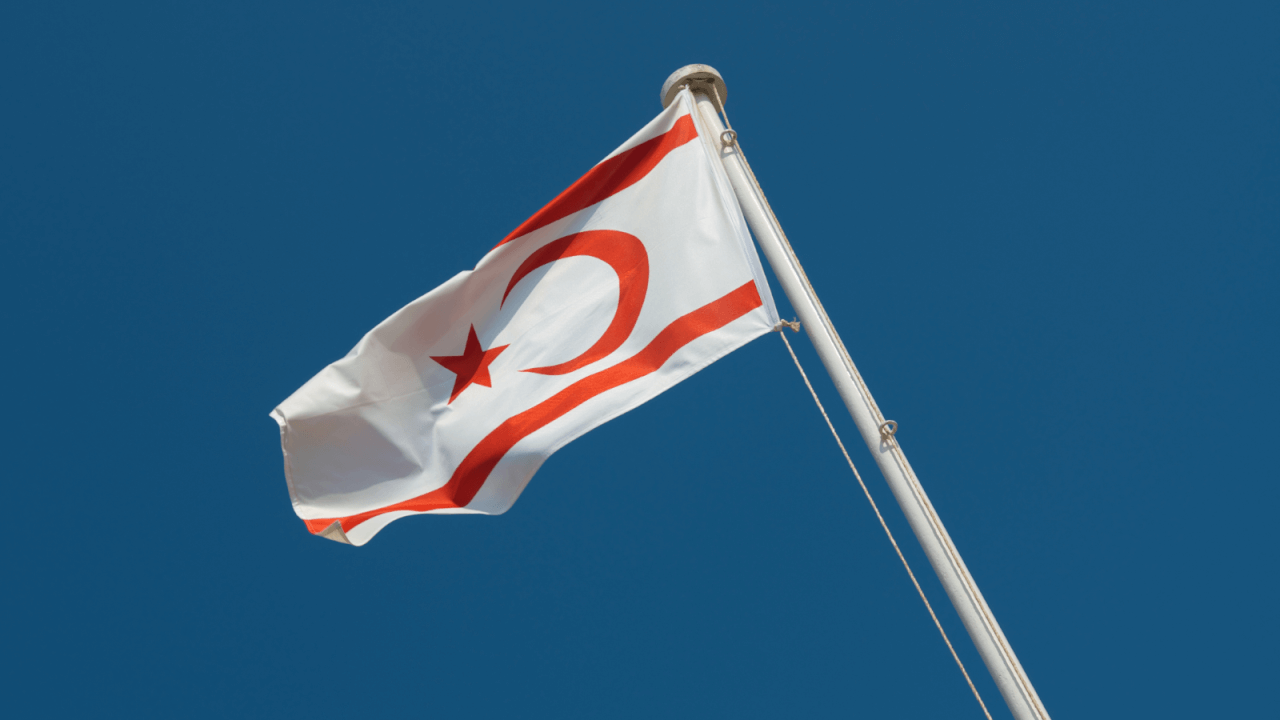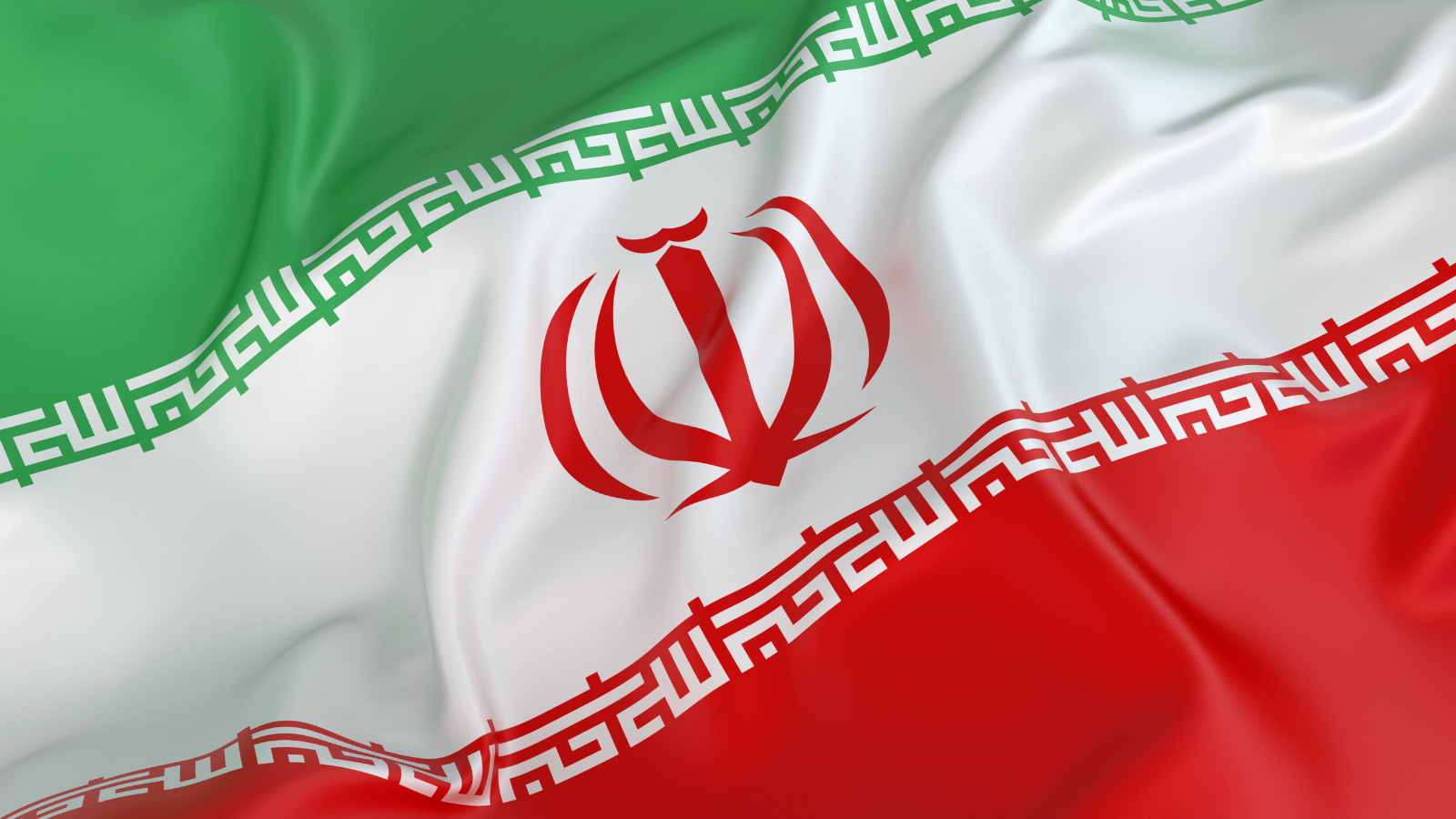The recent presidential election in the Turkish Republic of Northern Cyprus was more than a local political contest. It has reopened one of the most sensitive and enduring files in the Eastern Mediterranean: whether the Turkish north should pursue a federation with the Greek south under UN and EU auspices, or whether it should consolidate a de facto two-state order grounded in a deeper strategic partnership with Turkey.
Ankara’s favoured candidate, Ersin Tatar, lost by a wide margin. The pro-federation camp gained momentum, rekindling hopes in Brussels and Athens that reunification may not yet be dead. For Ankara, however, the result sounded an alarm bell — a moment to step back, reassess, and recalibrate both its strategy and the very architecture of the Turkish Cypriot state.
To some investors, Cyprus may resemble a Mediterranean Florida — perhaps even to property-minded Donald Trump, who reportedly muses about a new “Cyprus Initiative.” But for Turkey, the island is far more than a real-estate opportunity: it is an unsinkable aircraft carrier, a geostrategic outpost anchoring Ankara’s influence over energy routes, maritime jurisdictions and regional security corridors. For Turkish Cypriots, it is not merely land; it is the guarantor of their identity and survival — and they are determined to live in equality, dignity and safety, neither under Athens, Brussels, nor Ankara’s shadow.
The Mirage of Federation
To grasp the current deadlock, one must first acknowledge the depth of mistrust dividing the two communities. Half a century after partition, Greece and the Republic of Cyprus remain steadfast in their refusal to recognise the north. In the south of Nicosia, “mayors in exile” are still ceremonially elected for Kyrenia, Famagusta and Morphou — symbolic reminders of the belief that one day those cities will be “returned.” The symbolism conceals a psychological chasm. Greek Cypriots view Turkish troops as occupiers; Turkish Cypriots see Greek political dominance as a threat of assimilation. Building a federation on such fragile foundations may look plausible on paper, but in reality, it is little more than a romantic illusion.
European diplomats, with characteristic optimism, continue to preach “reunification within the Union.” Yet in practice, any such arrangement would dilute Turkish Cypriot political agency and confine Turkey’s strategic room for manoeuvre within the narrow confines of EU law — shooting itself squarely in the foot. Federation proposals invariably come with carrots: limited autonomy, token co-presidency, modest development funds. But the essence remains unchanged — not equality but Greek dominance, backed solidly by EU legitimacy. Even the most ardent supporters of federalism privately acknowledge that the Greek south still regards the north as an “unrecognised minority zone.” A federation under those terms would not be a partnership, but an asymmetric marriage.
Sovereignty and “Smart Integration”
A more realistic — if more demanding — path lies in two sovereign entities co-existing peacefully, with Northern Cyprus pursuing what might be called smart integration with Turkey. This does not mean annexation or isolation. Rather, it implies a modern, self-reliant state aligned with international norms and anchored in confidence rather than dependency.
From Ankara’s standpoint, the logic is clear. A federation would effectively transfer many of Turkey’s hard-won strategic assets — from its guarantor rights to its maritime leverage — into the hands of EU law and Greek vetoes. A two-state model, by contrast, preserves flexibility and strategic depth. For Turkish Cypriots, the issue is existential. To re-enter a federation under Greek majority rule would risk losing both political voice and economic autonomy. Within a reformed, self-governing structure, however, the right to determine one’s own destiny could finally become tangible — not rhetorical.
Clean First, Then Be Recognised
No strategy will succeed without internal renewal. Today, the north’s image is tarnished by casinos, illicit trade, unregulated migration and shadow finance. This undermines both credibility and legitimacy. No reputable investor or international bank will associate with a “grey-economy enclave.” The first task, therefore, is housekeeping: financial transparency, judicial independence, educational excellence, rule of law, digital governance and sustainable growth.
The potential is enormous — a young, educated population, direct access to Turkey’s market, and a location bridging Europe, Africa and the Middle East. With good governance, Northern Cyprus could evolve not into a gambling haven but into a clean, entrepreneurial hub — a Mediterranean Singapore, perhaps even Turkey’s own Dubai. Such transformation requires Ankara to redefine its role: not as a governor, but as a visionary partner. And Turkish Cypriots must see their autonomy not as separation from Turkey but as empowerment alongside it.
Europe’s Blind Spot
The European Union, too, must confront reality. After five decades, the “federation formula” is neither fair nor feasible. By embracing the Greek south as a member while freezing out the north, Brussels has condemned Turkey and the Turkish Cypriots to a permanent waiting room. It demands that Turkey withdraw its troops, yet turns a blind eye to the militarisation of Greek islands and to unilateral drilling by the Greek Cypriot government. Such double standards feed not peace but polarisation. If stability is truly the goal, the EU should foster incremental normalisation — direct trade, energy cooperation, joint environmental and educational projects, cultural exchanges. Pretending the north does not exist has never worked — and never will.
A Moment for Strategic Clarity
The latest election sends a dual message. Turkish Cypriots should not be seduced by the emotional promise of EU membership at the expense of their security and equality. Ankara, in turn, must not undermine its own influence by ignoring local democratic will. Cyprus is not Turkey’s geographical appendix; it is the front line of its geopolitical memory — a pivot for energy routes, defence posture and maritime rights. To surrender this leverage for a symbolic federation would be, quite literally, an own goal. The wiser course is a managed dual structure: two entities maintaining sovereignty while cooperating pragmatically in trade, tourism, environment and energy. Over time, such a model can yield de facto legitimacy more powerful than any signature on paper.
The Final Question: What Kind of Island?
The question for the coming decade is no longer “How can Cyprus reunite?” but “How can Cyprus coexist?”
For the Turkish north, that means building a modern, rules-based economy; for Turkey, exercising protection without domination; and for the EU and UN, recognising facts on the ground rather than clinging to diplomatic mirages.
Cyprus has often been described as the island that makes history but cannot move forward. Perhaps now is the moment to break that pattern. Federation may remain a mirage. But a settlement built on sovereignty, trust and self-confidence could finally deliver what half a century of negotiations has not — a genuine and lasting peace.








